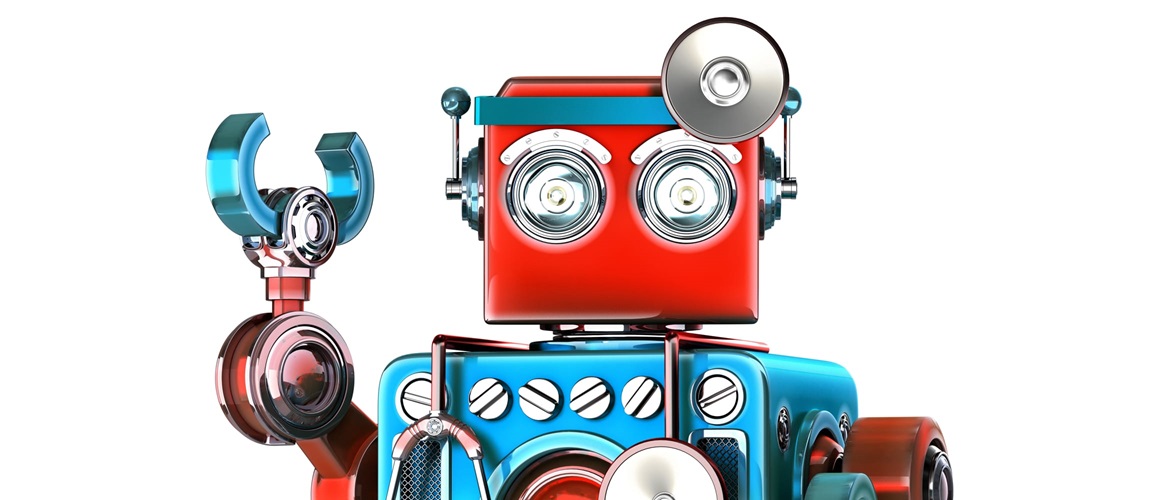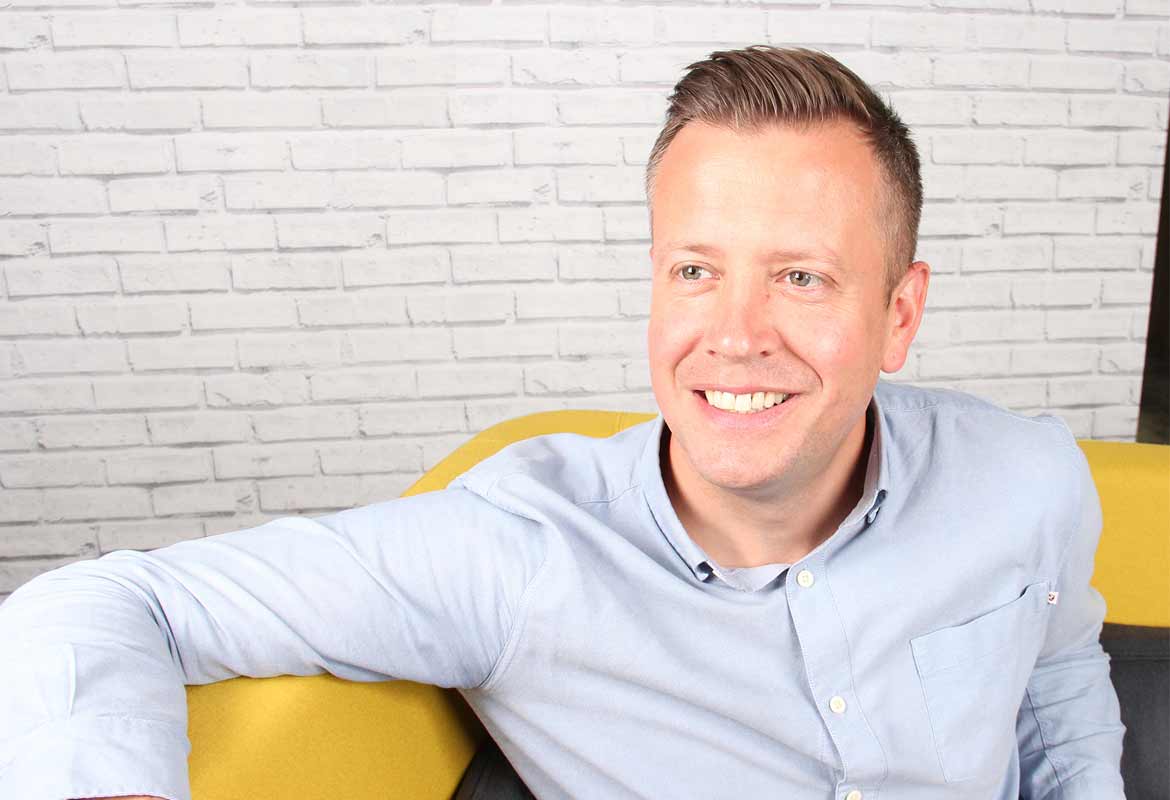
Artificial intelligence in healthcare
How soon will this be a reality?
The doctor’s consultation room is one place where people really appreciate the human touch. Patients who are suffering can be comforted by the one-to-one attention of a doctor. But in recent years the demands on doctors have increased as the population gets older and budgets get tighter, and there is a growing acceptance among patients that doctors can use technology to manage the demands on their time more efficiently.
Entrusting your healthcare to an intelligent machine might seem like science fiction, but for those growing up in the digital age, automated healthcare is set to become as normal as speaking to their doctor. Indeed, for millennials it might seem slightly unnerving if a consultation does not involve their doctor calling on some kind of technological support.
Some GP practices are already starting to offer patients online video appointments, for example. This looks like the thin end of the wedge. Younger people are increasingly used to using digital interfaces to manage many aspects of their life, from banking to transport, so dealing with a digital doctor won’t seem so unusual in years to come.
With major players like IBM and Google, as well as the NHS itself, investing in AI healthcare applications, it’s only a matter of time before automated healthcare is part of all our lives. The idea of a robot doctor loaded with a database of medical manuals is probably a step too far for most people at the moment.
In reality, AI will be used in a clinical context to support the decisions made by real-life doctors. For instance, AI could hold the potential for harnessing big data to compare patient symptoms and help doctors make accurate diagnoses.
Big data
This is already being applied in Japan, where doctors were able to save a chronically unwell 60 year-old woman whose symptoms had proved unresponsive to treatment.
The solution was to input her clinical data into an AI-based data mining system developed by the University of Tokyo’s Institute of Medical Science, which compared her symptoms to a database of 20 million oncology studies.
After just 10 minutes of processing, the system had diagnosed a rare form of Leukaemia and recommended a potential course of treatment.
So the AI system was able to learn from the oncological data it was fed and apply it in a real-world scenario, supporting the medical staff, not replacing them.
Most patients would find this use of machine learning in healthcare acceptable, recognising that doctors can’t be expected to instantly recall and correctly apply every piece of clinical information from every study they have ever read.
After all, there are more than 10,000 known human diseases.
While we all appreciate the hard work and commitment of NHS staff, we know that human beings are fallible. This is illustrated by recent research, which found that as many as one in three heart attack cases are misdiagnosed by the NHS.
Calling on a database of clinical information that can be used to cross check a patient’s symptoms and make an informed diagnosis seems uncontroversial in these circumstances.
And an intelligent system that can assess a patient’s data and suggest a potential solution is a logical next step.
Google is at the forefront of the field, collaborating with Moorfields Eye Hospital in east London to build a system designed to recognise sight-threatening conditions in digital scans of the eye.
Researchers have trained Google’s DeepMind machine learning system by feeding it more than a million eye scans, which it has used to learn to spot the early signs of eye conditions that can cause blindness.
Health monitoring
Even before big data, one of the applications of AI which is likely to be among the first to be seen in the real world is automated health monitoring, or biotelemetry.
Biotelemetry is the remote and continuous assessment of vital signs, such as blood pressure, which can be done in the patient’s own home.
The automated healthcare system can then alert the patient and/or their doctor if it spots anything potentially worrying, prompting them to take action, and helping to minimise visits to the GP or even hospital.
In a hospital setting, wireless sensors can continuously monitor factors like heart rate, breathing rate and oxygen levels, to provide early warning signs of any issues.
That frees up nurses to carry out their other duties and provides a far more accurate record than the traditional paper charts at the end of a patient’s bed.
This is technology being pioneered by the McLaren Formula One team, which is looking at alternative applications for the AI technology that it developed to constantly monitor and tweak the performance of its cars during a race.
It has teamed up with pharmaceutical firm GSK for clinical trials to monitor recovering stroke and motor neurone disease patients, using a patch applied to the patient’s necks which transmits variables like their breathing rate and oxygen levels.
This continuous evaluation, which is also being used to monitor patients in drug trials, can give a more detailed picture of a patient’s condition than individual assessments every hour or so, freeing up doctors’ and nurses’ time and removing the need for visits to a clinic.
Many experts believe that AI is perfectly suited to this kind of remote monitoring and can help prioritise human expertise for applications where it is needed most, like personal care and surgery.
And wearable gadgets like the Apple Watch, which is able to record things like heart rate and activity levels, could be the first step towards making this kind of remote monitoring acceptable.
Future gazing
Looking even further ahead, data mining systems harnessing AI could be used to analyse huge amounts of genetic data to predict and plan for an individual’s future healthcare requirements.
Prevention is better than cure, and AI has the power to interrogate enormous quantities of data to help reduce the risk of patients developing medical conditions later in life.
Some people are genetically more prone to developing certain cancers or becoming obese, for example. This data-driven medicine could enable a person’s DNA to be analysed for mutations and links to disease, enabling doctors to spot cancers or vascular diseases in their very early stages.
Such huge amounts of data are useless without the advent of powerful AI to analyse it.
In a field as personal as healthcare, it’s likely there will initially be considerable scepticism, if not resistance to AI in the short term.
But technology is already finding its way into the doctor’s consultation room, and once patients have overcome this mental block, the benefits of AI are self-evident.
It’s clear that AI has the potential to significantly enhance patient care and improve outcomes in a whole host of ways, and once these benefits become clear, any lack of trust in the technology will likely be overcome.
For more healthcare solutions information visit the healthcare hub.




